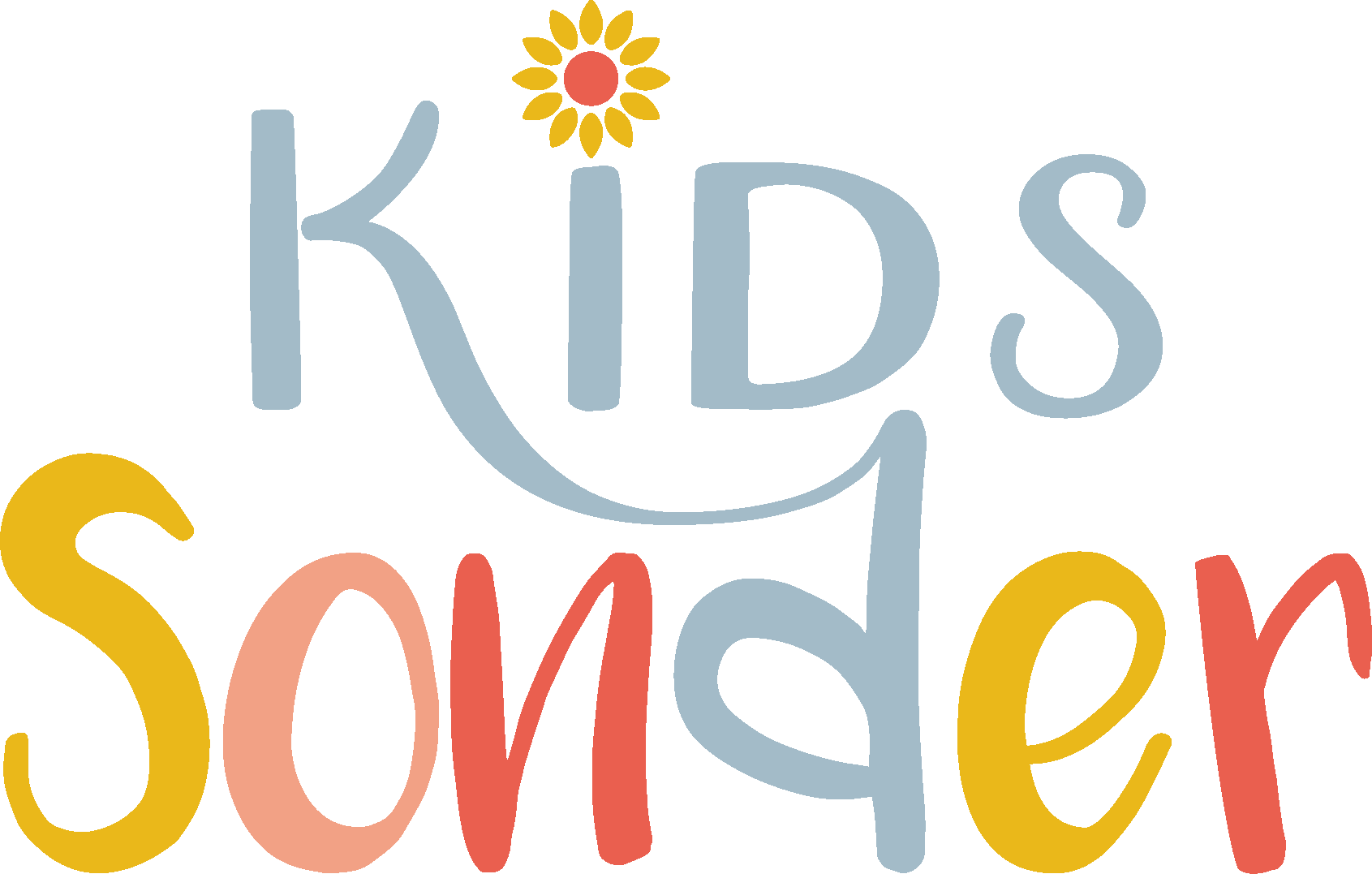Sunflowers are more than just a cheerful addition to any garden—they have a rich history, play important roles in agriculture, and have fascinating biological traits. Here are 25 interesting facts that highlight the beauty and versatility of these sunny blooms!
-
Sunflowers are Native to North America
Sunflowers were first domesticated by Native Americans around 1000 B.C. They were used for food, oil, and medicine, making them an essential part of indigenous agriculture. -
They Can Grow Tall!
Some sunflower varieties can reach impressive heights. The tallest sunflowers on record have reached over 30 feet tall! -
Sunflowers Are Solar-Powered
Sunflowers exhibit heliotropism, meaning their flower heads turn to follow the sun throughout the day. This is especially true in the bud stage. -
There Are Over 70 Species
While the common sunflower (Helianthus annuus) is the most well-known, there are over 70 different species of sunflowers, varying in size, shape, and color.
-
Sunflower Seeds Are a Popular Snack
Sunflower seeds are widely enjoyed around the world as a healthy snack. They are rich in protein, vitamins, and healthy fats. -
Sunflower Oil Is One of the Most Common Vegetable Oils
Extracted from sunflower seeds, sunflower oil is a widely used cooking oil known for its light taste and high smoking point. -
They Were Part of the First European Gardens
Sunflowers were introduced to Europe in the 16th century by Spanish explorers. They quickly became a popular addition to European gardens. -
Sunflowers Can Be Used for Natural Dyes
The petals of sunflowers can be used to create natural dyes in shades of yellow and orange. -
A Symbol of Happiness and Positivity
Sunflowers are often associated with happiness, positivity, and warmth due to their bright, sunny appearance. They symbolize loyalty and adoration. -
Sunflower Roots Can Help Clean the Soil
Sunflowers have been used in phytoremediation projects, where they help clean up toxins like lead and arsenic from the soil. -
They Have a Unique Seed Pattern
The seeds in the center of a sunflower follow a Fibonacci spiral, a mathematical pattern that can be found in many natural formations. -
Sunflowers Can Be Grown in a Variety of Climates
While they thrive in warm, sunny climates, sunflowers can also be grown in cooler areas, provided they get enough sun during the growing season. -
Sunflower Heads Are Made of Hundreds of Small Flowers
What we think of as a single sunflower bloom is actually a cluster of hundreds or even thousands of small flowers, called florets, packed together. -
They’re Great for Pollinators
Sunflowers attract pollinators like bees and butterflies, making them excellent for improving the health of your garden ecosystem. -
Sunflowers Can Grow in Different Colors
While yellow is the most common color, sunflowers can also bloom in shades of red, orange, brown, and even maroon. -
They’re Used in Animal Feed
After sunflower seeds are harvested for oil, the remaining plant matter can be used to feed livestock, making sunflowers a valuable agricultural crop. -
Sunflowers Are Used in Biofuel Production
The oil from sunflower seeds can be processed into biodiesel, a renewable and eco-friendly alternative to traditional fuels. -
Sunflowers Can Be Used in Medicine
Sunflower seeds are known for their healing properties. They are used in traditional medicine to treat various ailments, from inflammation to high blood pressure. -
They Have Strong Stems
Sunflower stems are incredibly strong and can withstand strong winds. This makes them ideal for growing in open fields where the weather may be unpredictable. -
The Seeds Can Be Harvested By Hand
While modern machines are often used, sunflowers can be hand-harvested in smaller fields, which allows for a more personal and organic touch. -
They Were the First Crop to Be Grown in Space
Sunflowers were one of the first plants to be grown aboard the Space Shuttle in 1982, marking a significant milestone in space agriculture. -
Sunflowers Can Live for Several Months
Depending on the variety, sunflowers can bloom from mid-summer to late fall, providing a long-lasting burst of color in gardens and fields. -
Sunflower Seeds Are a Key Ingredient in Bird Feed
Many bird species are drawn to sunflower seeds, which are rich in fats and proteins. Sunflower heads are often left for birds to feed on in late summer and fall. -
They Are a Favorite of Artists
Sunflowers are beloved by artists, particularly Vincent van Gogh, who painted a famous series of sunflower portraits in 1888. His love of the flower is reflected in the vivid depictions. -
Sunflowers Represent the Sun in Many Cultures
Due to their appearance and heliotropic behavior, sunflowers are often seen as symbols of the sun itself, representing vitality, life, and energy in various cultures.
Sunflowers are not just beautiful flowers; they are packed with benefits and fascinating traits that have made them a staple in agriculture and culture. Whether you're growing them in your garden or enjoying them in your meals, these bright blooms continue to shine in many ways.
Have you heard about the Agriculture Unboxed Library?
Explore In-Depth Agriculture Education Topics and Lessons with Online Unit Explorations in the Kids Agriculture Unboxed Library. These Agriculture, Animal Science, and Plant Science Modules are Designed for Kids Ages 9+.





